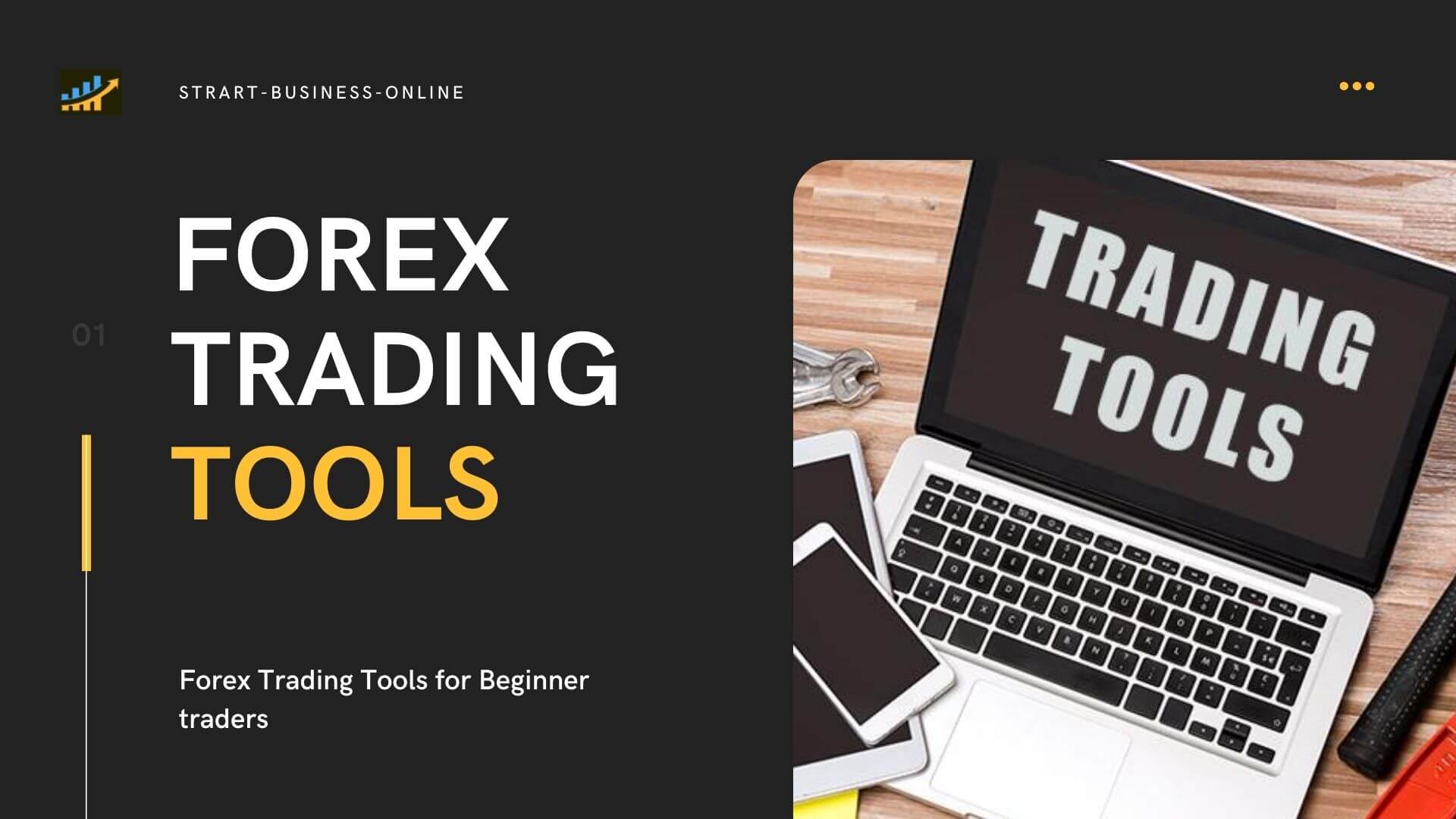
You may be wondering which online stock broker is best for beginners if you are new to the stock market. Your investment knowledge and needs will dictate the answer. Below is a comparison of some of the top online stockbrokers for beginners. There's a broker to suit every investor, even beginners.
Charles Schwab
Whether you are new to investing or you are an experienced investor, you'll find Charles Schwab's services to be helpful. There is no minimum account requirement, no commission on ETFs or stock trades and thousands of funds can be accessed at a reasonable price. Schwab is a full-service broker with an emphasis on investment education. There are no transaction costs, several investment platforms, and many educational resources available.

Ally Invest
Although Ally Invest's platform for placing transactions is very user-friendly, it lacks advanced trading features, such as order routing and options strategies. Instead, you will have to cancel all orders manually once your stop/profit loss triggers. Ally Invest does not have the same features as other online brokers. Also, the company doesn't allow trading in futures or cryptocurrency.
Merrill Edge
Merrill Edge could be the right online stock broker for you if you're just starting out and don’t know how to trade stocks. You can trade multiple asset types with this broker and it has an easy-to-use interface. Merrill Edge also offers a list with buy-rated funds. However, this doesn't guarantee performance. The managed portfolio service allows you to avoid the complexities of trading. Depending on how much you want to invest, you can go with this option.
TD Ameritrade
TD Ameritrade is one of the best online brokers for beginners. Its intuitive desktop tools allow for quick trade execution. Its wealth management services include stock and option research, and third-party reports. Its "knowledge hub" contains a wealth of information about everything stock picking and investment principles. It also offers access to experts in asset management, as well as a wide range of tools and research that can help traders make better investment decisions.

Interactive Brokers
Before you register with an online stock broker you need to determine your level of education. Some brokers let you invest with a small amount of money, while others require you to make a larger deposit before opening an account. An online broker may be a better option for beginners with low funds. Online stock brokers offer many benefits, including lower account fees and accessing educational resources. Read on to learn about some of these advantages.
FAQ
How do you choose the right investment company for me?
A good investment manager will offer competitive fees, top-quality management and a diverse portfolio. Fees are typically charged based on the type of security held in your account. Some companies charge nothing for holding cash while others charge an annual flat fee, regardless of the amount you deposit. Others charge a percentage of your total assets.
It's also worth checking out their performance record. If a company has a poor track record, it may not be the right fit for your needs. You want to avoid companies with low net asset value (NAV) and those with very volatile NAVs.
It is also important to examine their investment philosophy. To achieve higher returns, an investment firm should be willing and able to take risks. If they're unwilling to take these risks, they might not be capable of meeting your expectations.
What's the difference among marketable and unmarketable securities, exactly?
Non-marketable securities are less liquid, have lower trading volumes and incur higher transaction costs. Marketable securities are traded on exchanges, and have higher liquidity and trading volumes. They also offer better price discovery mechanisms as they trade at all times. But, this is not the only exception. For instance, mutual funds may not be traded on public markets because they are only accessible to institutional investors.
Marketable securities are less risky than those that are not marketable. They have lower yields and need higher initial capital deposits. Marketable securities are typically safer and easier to handle than nonmarketable ones.
For example, a bond issued in large numbers is more likely to be repaid than a bond issued in small quantities. The reason for this is that the former might have a strong balance, while those issued by smaller businesses may not.
Because they are able to earn greater portfolio returns, investment firms prefer to hold marketable security.
Is stock marketable security a possibility?
Stock is an investment vehicle where you can buy shares of companies to make money. This is done through a brokerage that sells stocks and bonds.
You can also invest in mutual funds or individual stocks. There are actually more than 50,000 mutual funds available.
The key difference between these methods is how you make money. Direct investments are income earned from dividends paid to the company. Stock trading involves actually trading stocks and bonds in order for profits.
Both cases mean that you are buying ownership of a company or business. But, you can become a shareholder by purchasing a portion of a company. This allows you to receive dividends according to how much the company makes.
With stock trading, you can either short-sell (borrow) a share of stock and hope its price drops below your cost, or you can go long-term and hold onto the shares hoping the value increases.
There are three types of stock trades: call, put, and exchange-traded funds. Call and put options let you buy or sell any stock at a predetermined price and within a prescribed time. ETFs, also known as mutual funds or exchange-traded funds, track a range of stocks instead of individual securities.
Stock trading is very popular because it allows investors to participate in the growth of a company without having to manage day-to-day operations.
Stock trading can be very rewarding, even though it requires a lot planning and careful study. It is important to have a solid understanding of economics, finance, and accounting before you can pursue this career.
How Does Inflation Affect the Stock Market?
Inflation is a factor that affects the stock market. Investors need to pay less annually for goods and services. As prices rise, stocks fall. This is why it's important to buy shares at a discount.
What is security?
Security can be described as an asset that generates income. Most common security type is shares in companies.
There are many types of securities that a company can issue, such as common stocks, preferred stocks and bonds.
The earnings per shared (EPS) as well dividends paid determine the value of the share.
Shares are a way to own a portion of the business and claim future profits. If the company pays a payout, you get money from them.
You can sell your shares at any time.
What is a REIT?
A real-estate investment trust (REIT), a company that owns income-producing assets such as shopping centers, office buildings and hotels, industrial parks, and other buildings is called a REIT. These companies are publicly traded and pay dividends to shareholders, instead of paying corporate tax.
They are very similar to corporations, except they own property and not produce goods.
Statistics
- "If all of your money's in one stock, you could potentially lose 50% of it overnight," Moore says. (nerdwallet.com)
- Our focus on Main Street investors reflects the fact that American households own $38 trillion worth of equities, more than 59 percent of the U.S. equity market either directly or indirectly through mutual funds, retirement accounts, and other investments. (sec.gov)
- Individuals with very limited financial experience are either terrified by horror stories of average investors losing 50% of their portfolio value or are beguiled by "hot tips" that bear the promise of huge rewards but seldom pay off. (investopedia.com)
- The S&P 500 has grown about 10.5% per year since its establishment in the 1920s. (investopedia.com)
External Links
How To
How to open a trading account
Opening a brokerage account is the first step. There are many brokers out there, and they all offer different services. Some brokers charge fees while some do not. Etrade (TD Ameritrade), Fidelity Schwab, Scottrade and Interactive Brokers are the most popular brokerages.
Once you have opened your account, it is time to decide what type of account you want. You can choose from these options:
-
Individual Retirement Accounts (IRAs).
-
Roth Individual Retirement Accounts
-
401(k)s
-
403(b)s
-
SIMPLE IRAs
-
SEP IRAs
-
SIMPLE 401 (k)s
Each option offers different benefits. IRA accounts are more complicated than other options, but have more tax benefits. Roth IRAs give investors the ability to deduct contributions from taxable income, but they cannot be used for withdrawals. SIMPLE IRAs can be funded with employer matching funds. SEP IRAs work in the same way as SIMPLE IRAs. SIMPLE IRAs can be set up in minutes. These IRAs allow employees to make pre-tax contributions and employers can match them.
Next, decide how much money to invest. This is called your initial deposit. A majority of brokers will offer you a range depending on the return you desire. A range of deposits could be offered, for example, $5,000-$10,000, depending on your rate of return. This range includes a conservative approach and a risky one.
You must decide what type of account to open. Next, you must decide how much money you wish to invest. You must invest a minimum amount with each broker. These minimum amounts can vary from broker to broker, so make sure you check with each one.
Once you have decided on the type of account you would like and how much money you wish to invest, it is time to choose a broker. You should look at the following factors before selecting a broker:
-
Fees-Ensure that fees are transparent and reasonable. Brokers often try to conceal fees by offering rebates and free trades. However, some brokers actually increase their fees after you make your first trade. Avoid any broker that tries to get you to pay extra fees.
-
Customer service – You want customer service representatives who know their products well and can quickly answer your questions.
-
Security - Select a broker with multi-signature technology for two-factor authentication.
-
Mobile apps: Check to see whether the broker offers mobile applications that allow you access your portfolio via your smartphone.
-
Social media presence: Find out if the broker has a social media presence. If they don't, then it might be time to move on.
-
Technology - Does it use cutting-edge technology Is the trading platform intuitive? Are there any issues when using the platform?
After choosing a broker you will need to sign up for an Account. Some brokers offer free trials. Others charge a small amount to get started. After signing up, you will need to confirm email address, phone number and password. Next, you will be asked for personal information like your name, birth date, and social security number. Finally, you will need to prove that you are who you say they are.
Once verified, you'll start receiving emails form your brokerage firm. These emails contain important information about you account and it is important that you carefully read them. You'll find information about which assets you can purchase and sell, as well as the types of transactions and fees. Keep track of any promotions your broker offers. These could be referral bonuses, contests or even free trades.
The next step is to open an online account. An online account is typically opened via a third-party site like TradeStation and Interactive Brokers. These websites are excellent resources for beginners. You'll need to fill out your name, address, phone number and email address when opening an account. After all this information is submitted, an activation code will be sent to you. To log in to your account or complete the process, use this code.
Now that you have an account, you can begin investing.